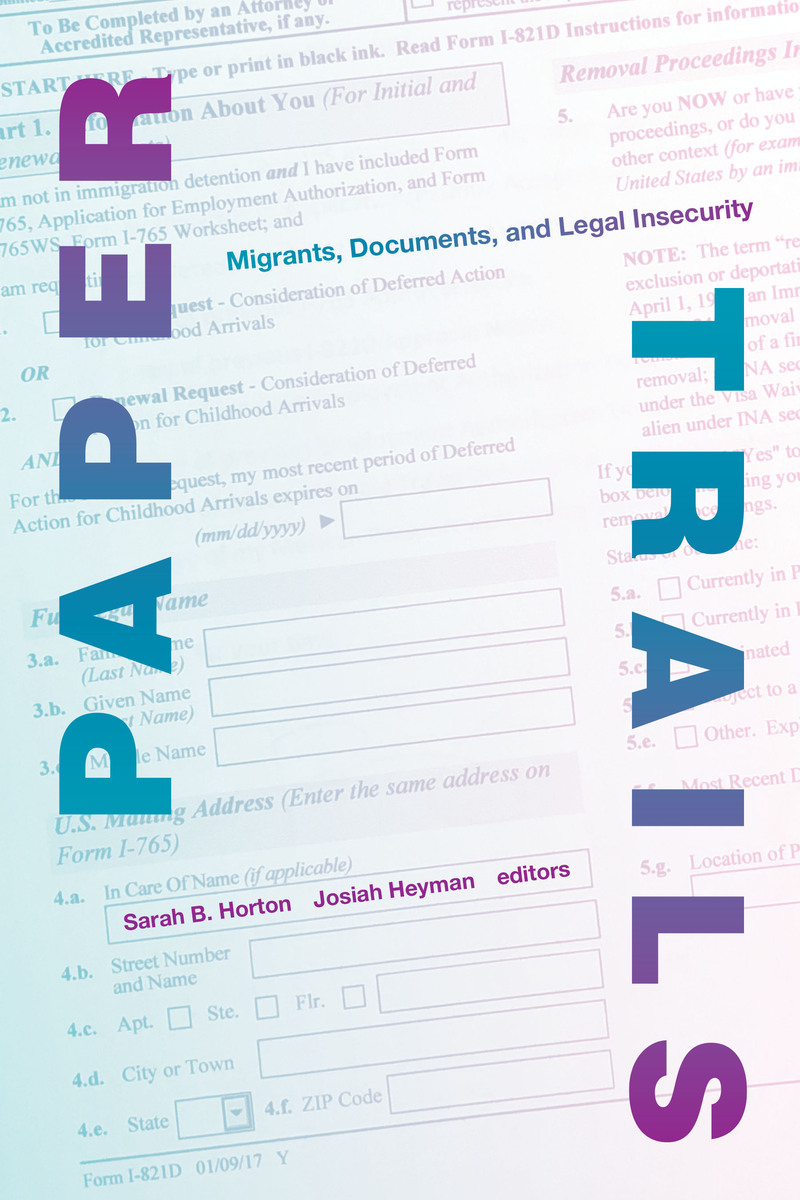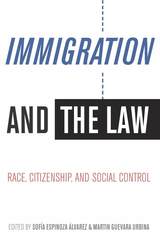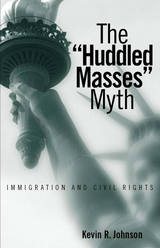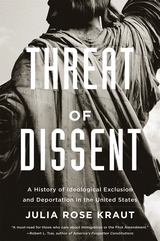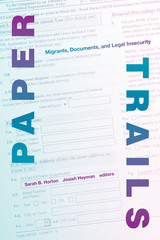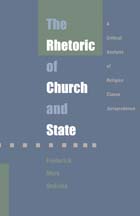Paper Trails: Migrants, Documents, and Legal Insecurity
Duke University Press, 2020
eISBN: 978-1-4780-1209-2 | Cloth: 978-1-4780-0794-4 | Paper: 978-1-4780-0845-3
Library of Congress Classification KF4840.P37 2020
See other books on: Documents | Emigration and immigration law | Heyman, Josiah | Identification cards | Migrants
See other titles from Duke University Press
eISBN: 978-1-4780-1209-2 | Cloth: 978-1-4780-0794-4 | Paper: 978-1-4780-0845-3
Library of Congress Classification KF4840.P37 2020
ABOUT THIS BOOK | AUTHOR BIOGRAPHY | REVIEWS | TOC | REQUEST ACCESSIBLE FILE
ABOUT THIS BOOK
Across the globe, states have long aimed to control the movement of people, identify their citizens, and restrict noncitizens' rights through official identification documents. Although states are now less likely to grant permanent legal status, they are increasingly issuing new temporary and provisional legal statuses to migrants. Meanwhile, the need for migrants to apply for frequent renewals subjects them to more intensive state surveillance. The contributors to Paper Trails examine how these new developments change migrants' relationship to state, local, and foreign bureaucracies. The contributors analyze, among other toics, immigration policies in the United Kingdom, the issuing of driver's licenses in Arizona and New Mexico, the Deferred Action for Childhood Arrivals program, and community know-your-rights campaigns. By demonstrating how migrants are inscribed into official bureaucratic systems through the issuance of identification documents, the contributors open up new ways to understand how states exert their power and how migrants must navigate new systems of governance.
Contributors. Bridget Anderson, Deborah A. Boehm, Susan Bibler Coutin, Ruth Gomberg-Muñoz, Sarah B. Horton, Josiah Heyman, Cecilia Menjívar, Juan Thomas Ordóñez, Doris Marie Provine, Nandita Sharma, Monica Varsanyi
Contributors. Bridget Anderson, Deborah A. Boehm, Susan Bibler Coutin, Ruth Gomberg-Muñoz, Sarah B. Horton, Josiah Heyman, Cecilia Menjívar, Juan Thomas Ordóñez, Doris Marie Provine, Nandita Sharma, Monica Varsanyi
See other books on: Documents | Emigration and immigration law | Heyman, Josiah | Identification cards | Migrants
See other titles from Duke University Press
